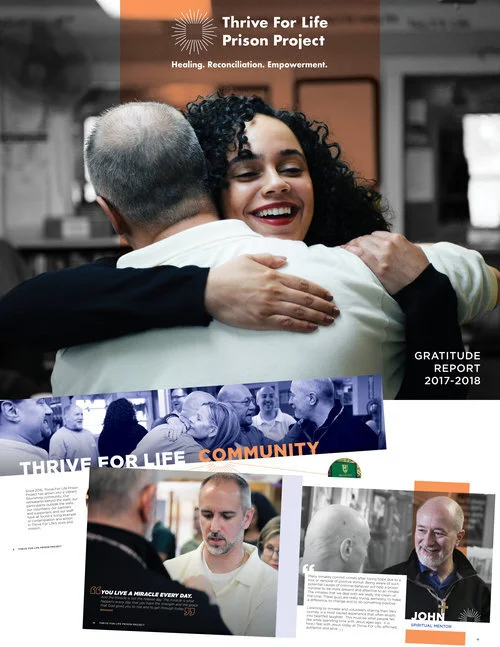
Latest in the Community
Adelphi Annual History Conference on Incarceration
On February 14, 2019, Thrive For Life Prison Project participated in the 46th Annual Adelphi History Conference on “Incarceration, Punishment and Rehabilitation in Historical Perspective.”
Student Perspective: The Death Penalty
I have come to realize that the system in which we trust, is not always trusting. I think that capital punishment will eventually be abolished, and we will look back in history and recognize that we were participating in a very “cruel and unusual” time. I believe there are alternative ways to administer justice.
Student Perspective: Mandatory Minimum Sentencing
At the end of the day, the justice system in the status quo sacrifices honest and tailored responses to crime in favor of a lazy and misguided system that legal architects have cited as utter failures and contributors to a culture of incarceration and transgenerational crime.
Student Perspective: The Bail System
The present state and realities of the criminal justice system—troves of people behind bars awaiting trial without any formal conviction, low risk offenders relegated to general population within jails and prisons, the disparate economic impact on impoverished citizens awaiting trial—have taken us woefully far from the Republic envisioned by the Framers.
Give Me Your Hand, My Brother
It feels good to cast people out. To exclude them. To point out how they may be less than or different. If the focus is on the other’s shortcomings or differences, there’s less attention paid to our own faults. And it’s easier to define a group by those who are rejected, by a shared dislike instead of a shared interest.
On the other hand, it feels infinitely better to welcome someone in.
Stay Changed
We usually think of change as a big, challenging thing we have to go through in life. In theory, it seems like a painful rite of passage. But the hardest part is really what happens after we change, when the world meets our new self.
Know Who You Are, Know What You're Not
When we know ourselves through and through, and we recognize the goodness inside, it’s easier to see those insults as what they are: limp and meaningless. There’s an old Buddhist saying that goes something like this: “If someone calls you a dog, don’t get angry. Instead, just look at your bottom. If you can’t see a tail there, then it means you’re not a dog. End of problem.”
Through the Wild Desert
The contrast between the momentary peace he had felt and the harshness of daily life is something we all experience throughout our lives, in various ways. We think we have everything figured out, then some harsh reality crashes back in. All of Martin’s progress and growth hadn’t evaporated -- he was just experiencing a “valley” after weeks of “mountains” -- a moment of challenge after a moment of peace.



